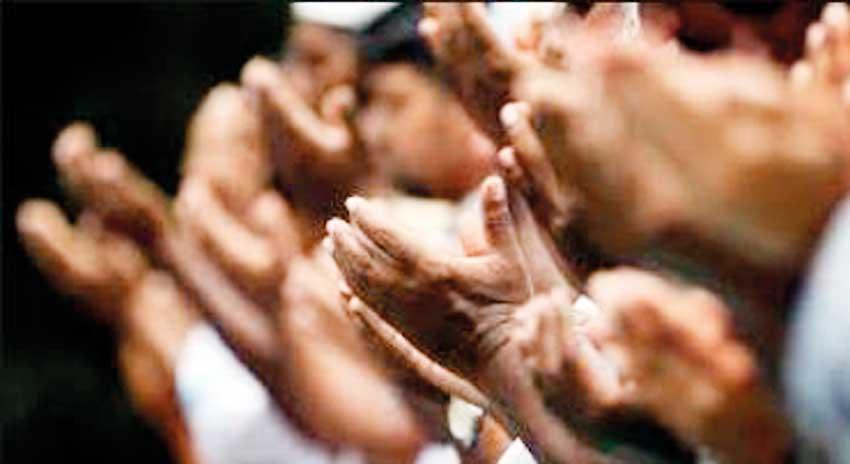Reply To:
Name - Reply Comment

 The ghastly sight of chained elephants greeted us on entering the premises of a well-known temple recently. Trunks in mouths and biting their distress, the poor beasts shifted and swayed from side to side. Bolted manacles adorned their legs and drooped around the elephants’ heads like garlands, as they struggled against the iron shackles that clamped them rooted in place.
The ghastly sight of chained elephants greeted us on entering the premises of a well-known temple recently. Trunks in mouths and biting their distress, the poor beasts shifted and swayed from side to side. Bolted manacles adorned their legs and drooped around the elephants’ heads like garlands, as they struggled against the iron shackles that clamped them rooted in place.
Visitors that were revelling in the week-long processions blindly idled by, numbed and indifferent to a cultural cruelty we’ve been lifelong taught was a necessary evil.
Children taunted the tied-up animals behind their backs as parents watched on. And in the commotion that consumed the premises as it readied for its grand, annual Duruthu Maha Perahera, none of this seemed out of the ordinary.
Albeit even at a sacred place of worship that was built to prosper the teachings of Buddhism’s foundational principle, Ahimsa.
I observed one gentle giant. Its hind legs were shackled together above its knees, its forelegs chained to each other above its toes. The animal could barely move, and if it were to so much as attempt to even kneel, it would keel over out of balance and fall flat on its side. So even as speakers across the yard blared and pounded the sounds of an oncoming procession, the poor animal could do nothing but sway its unease out of tune in visible restlessness. It eyed the mahout that stood by its side, weapon ready in hand.
Cruelty, at its peak, was thus the welcoming sight of the temple grounds that day and should have been our first cue to get out.
But as is the case for many Sri Lankan Buddhists, spiritual fulfilment for my elderly parents to visit the famed temple on New Year’s day kept us lingering. Crowds that thronged the sacred space kept us at bay for a good two days before we could get anywhere near the temple in the new year.
And that’s as far as we would get, close enough and not quite.
We waited for hours - three and thirty minutes to be exact - eager to get into the Budhu Madura, the place of worship to make offerings to the Buddha. That was to be the pinnacle of this visit and the sole purpose of our hours of languishing by the temple entrance.
But we were asked to wait until the scheduled procession was over for the night before we would be allowed inside. Everything was barred off.
Flowers in his hand and months of trepidation at its peak, my sixty-year-old father waited by the walled perimeter, my mother and I beside him. Now and then we would run to the water taps to hydrate our baskets of parched flowers, their petals as drained as those who carried them.
The construction within was impressive. Elephant heads framed the entrance of giant concrete steps to the Budhu Madhura and its exterior, adorned with ornamented statues of spirits and gods, honoured a large Buddha statue indoors.
In heavy festoons and large wooden doors, the consecration protected the famed temple grounds where relics of possessions of bygone kings are famously housed.
What wasn’t so impressive was the white-don supremes that piled on in front of us, their masses ambling in and around the premises, barking instructions at us common folk.
Men of inflated self-importance were the chosen few gatekeepers of Nirvana, and we were lowly sloths doomed to bide by their every cue, their every command.
Naturally, their path to enlightenment was unhindered and friction-free but ours lacked the supportive candidacy of elite political affluence or influence. That’s something they don’t teach you in eleven years of Sunday school.